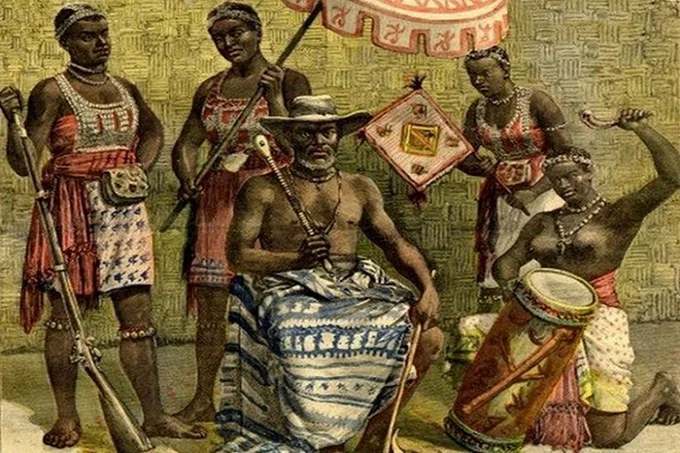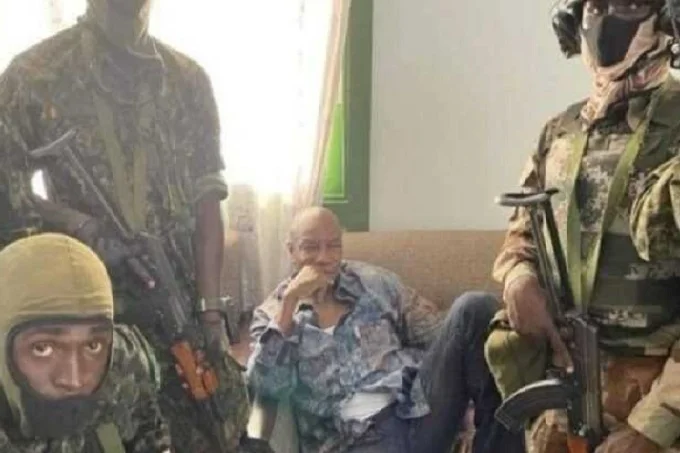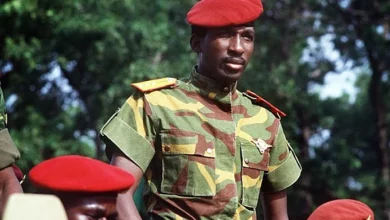World Bank to help Burkina Faso, Niger, Togo, and Benin

In Africa, Burkina Faso, Niger, Togo, and Benin join the West Africa Regional Identification Programme – initiated by the World Bank – to help millions of people access services.
The World Bank yesterday approved $273 million in funding from the International Development Association ( IDA) for Burkina Faso, Niger, Togo, and Benin. The funds will facilitate access to services for millions of people, especially women and the poorest sections of society.
The West Africa Unique Identification for Regional Integration and Inclusion (WURI) Program will help build the basic identification systems that include all people in the territory of the Economic Community of West Africa States (ECOWAS), regardless of nationality, citizenship or legal status.
The program will help improve access to services, including safety nets, social registers, health and retirement programs, financial and digital inclusion, empowerment of women and girls, and labor mobility.
Covid-19
“The WURI program will help countries reap substantial benefits at regional and national levels. Basic digital identification systems can play an important role in the delivery and management of social protection, health, and financial inclusion services. And are more important than ever at a time like the one we are experiencing with COVID 19,” says Deborah Wetzel, World Bank Regional Integration Director for Africa.
“WURI will support service delivery in the ECOWAS community by opening access to single sign-on for all people in the territory and promoting cross-border responses by linking national systems,” she added.
Its funding is the second phase of the WURI program, which concerns Burkina Faso, Niger, Togo, and Benin, and covers around 65 million people.
Each country will implement basic identification systems independently and according to their needs, using a minimum set of attributes to describe an individual uniquely.
WURI will strengthen the legal and institutional frameworks and set up reliable basic identification systems. Building on the principles of identification for sustainable development (“ID4D principles”), WURI will strive to create inclusive and secure systems that guarantee data confidentiality, and that follow human-centered design approaches.
“In the wake of the COVID 19 crisis, the identification and social protection of those employed in the informal sector, who are not covered by any program but who are vulnerable and may fall into poverty, have become more critical than ever.”
“The WURI program can support social insurance systems for the informal sector, which are interoperable with social registers and rely regionally on basic identification platforms,” said Dena Ringold, World Bank, director region for human development in Africa.
The $395.1 million WURI program, launched in 2018 with Côte d’Ivoire and Guinea, is important in helping to achieve human development goals in participating countries. The program promotes the World Bank Group’s twin goals of ending extreme poverty and boosting shared prosperity, and directly supports the 2019-2023 ECOWAS regional strategy, which aims to raise people’s living standards in its member countries.
IDA
The International Development Association (IDA) of the World Bank, created in 1960, helps the poorest countries in the world by providing grants and loans at low-to-zero interest rates for projects and programs that stimulate economic growth, reduce poverty and improve the lives of the poor.
IDA is one of the most important sources of assistance for the 76 poorest countries in the world, including 39 in Africa. IDA resources bring positive change to the 1.6 billion people who live in IDA countries. Since 1960, IDA has supported development work in 113 countries.




